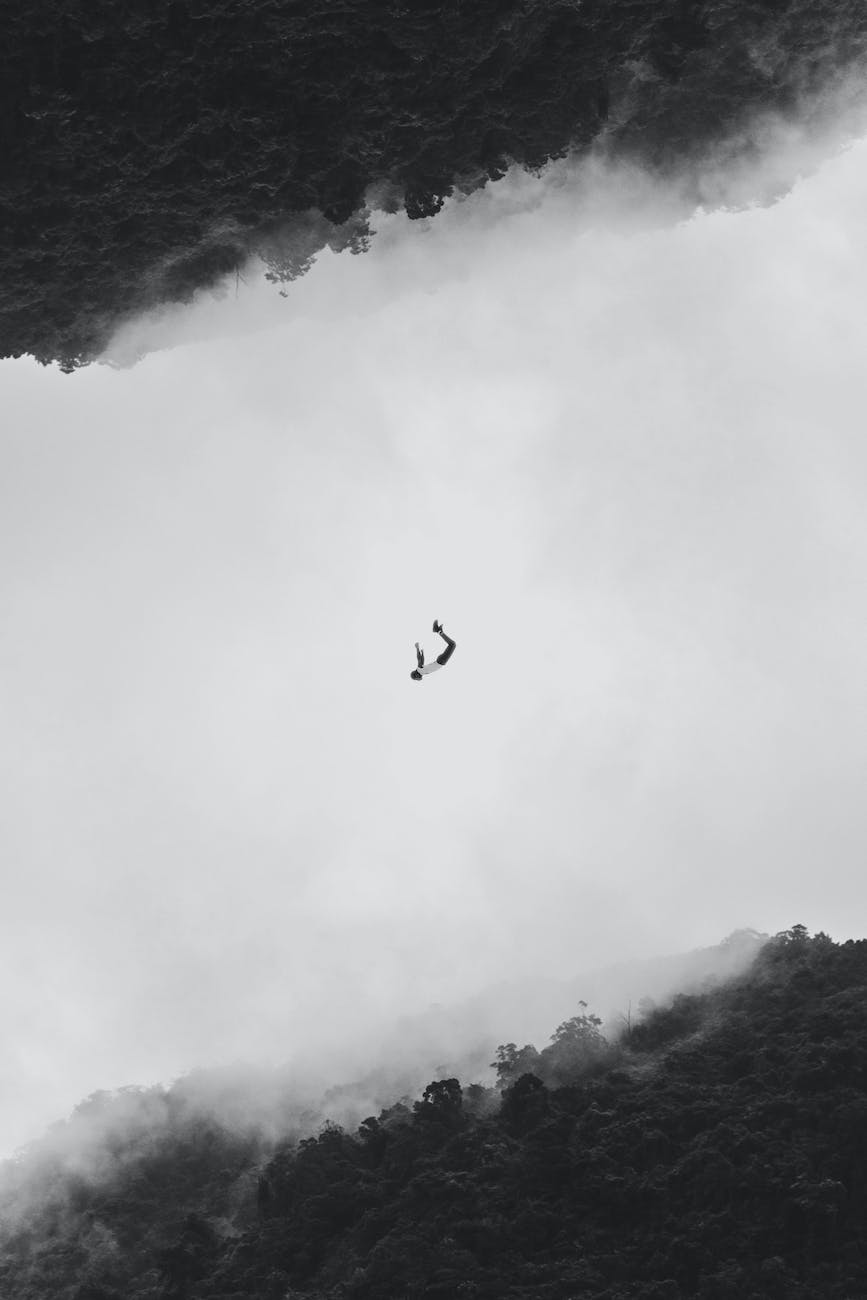Your cart is currently empty!

‘Let Me Tell You What Nathan Needs’ by Anika Carpenter
Just try, for a moment, to imagine he wasn’t hallucinating, dehydrated, disoriented, half-drowned. Accept that what he said wasn’t crazy. Admit that just because you can still see his tattoos doesn’t mean that the sea didn’t take them. He fell into the water with a sacred heart pierced with arrows, octopus tentacles wound around his…
Just try, for a moment, to imagine he wasn’t hallucinating, dehydrated, disoriented, half-drowned. Accept that what he said wasn’t crazy. Admit that just because you can still see his tattoos doesn’t mean that the sea didn’t take them. He fell into the water with a sacred heart pierced with arrows, octopus tentacles wound around his forearms, his daughter’s name intertwined with stars across his chest, and now, trust me, they’re gone. He watched the ink pulled from his skin and into the raging water, where it reached for the backs of halibut and groped hopelessly for waving seaweed before sinking into sand destined to become shot glasses.
He won’t benefit from recalling, reliving being dragged onto a lifeboat, rolled on the heart-black tongue of the ocean. No good will come of him picturing himself through the salt-stung eyes of the rescue crew ̶ forlorn, useless in the shell of a sodden jumper whimpering, ‘She was right there, my girl, my Lena. She was the size of a blue whale. She swam right under my boat. She wanted me in the water, to swallow me up.’
Explain to me the benefit of him conjuring an image of himself wrapped in a foil blanket, not for warmth but to make him a hauled treasure, the latest gewgaw for this place’s dear psychiatrist.
I saw Lena once too, miles from shore, dancing on a spume of water forty-foot high. Should I be sedated too?
Lena and I used to play darts in the Ship and Anchor, watched by locals sipping beer, boots stuck limpet-tight to the spilt-sticky floor. They rolled their eyes at the saltwater seeping from her shoes and the lighthouse flashes she cast across their weathered faces. Every one of them claims to have seen her walking into the sea, ‘steady as if she were walking down the aisle, keeping going until her head was covered, not sending up so much as a bubble.’
Lena wasn’t swallowed by a whale, like the nurses here joke she was, oh I’ve heard them, no she’s swimming through cetacean arteries, carving poetry into blubber, humming to the churning of passing ships.
There’s no movement in this hospital. The steadiness of the floors upsets Nathan’s stomach. The food, I believe, is tasteless. You know he smothers it with salt. The consumption of crystals suffused with the spirits of rays and angler fish will only make things worse.
If you want to see some improvement, signs of recovery, let me empty bags of wet sand onto the dayroom floor. Enough for him sink his sock-free feet into to soak up new imagery ̶ ghost crabs skittering up his legs, and across his back, settling on his shoulder blades among sea-smoothed glass and the rose-like casts of lugworms. This will help. This will make sense.
Meet the Author
Anika Carpenter is a writer, artist, tutor and sucrologist.


